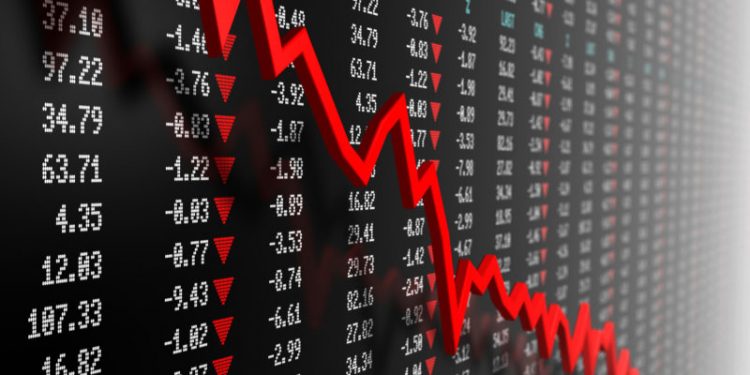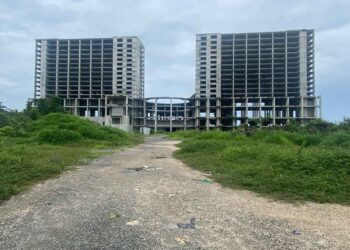Macau gaming stocks suffered yet another round of heavy losses on Tuesday, dropping 12% of their market cap in a single day as investors react to global and regional headwinds.
At market close on Tuesday, the Hong Kong-listed entities of all six Macau casino concessionaires had seen HK$43.8 billion (US$5.6 billion) wiped from their combined market capitalization, falling from HK$365.2 billion (US$46.7 billion) to HK$321.5 billion (US$41.1 billion).
As reported by Inside Asian Gaming, Macau gaming stocks had already seen HK$35 billion (US$4.4 billion) wiped off their combined market cap over the weekend and Monday, falling by 8.7% to HK$365.2 billion (US$46.7 billion).
In yet another financial bloodbath, Wynn Macau Ltd was again the hardest hit with its share price falling by a further 15.6% on Thursday to HK$4.32. The Wynn Macau share price had been at HK$15.82 exactly one year ago on 15 March 2021.
Melco International Development Ltd – the Hong Kong-listed parent company of Melco Resorts & Entertainment – fell 14.5% to HK$5.08, Sands China by 12.3% to HK$13.64, Galaxy Entertainment Group by 11.4% to HK$34.55 and MGM China by 11.1% to HK$3.61.
SJM Holdings was the only company not to fall by more than 10% although its share price was still down 9.0% to HK$2.92.
 Since trading close on Friday, the combined market cap of the “Big Six” is down 19.7%, having lost HK$78.8 billion (US$10.1 billion) in value. In addition, NASDAQ-listed Melco Resorts and Entertainment (MLCO) has dropped 16.1% since the Friday morning market open (Friday evening Macau time), closing at US$6.53 on Tuesday evening (Wednesday 4am Macau time). At the time of writing MLCO was trading at US$6.46 in after hours trading.
Since trading close on Friday, the combined market cap of the “Big Six” is down 19.7%, having lost HK$78.8 billion (US$10.1 billion) in value. In addition, NASDAQ-listed Melco Resorts and Entertainment (MLCO) has dropped 16.1% since the Friday morning market open (Friday evening Macau time), closing at US$6.53 on Tuesday evening (Wednesday 4am Macau time). At the time of writing MLCO was trading at US$6.46 in after hours trading.
The huge declines experienced over the past few days have been attributed to a number of factors, including the war in Ukraine, which has negatively impacted stock prices globally, and the spread of the Omicron variant of COVID-19 through both Hong Kong and mainland China. The mainland is currently experiencing its worst outbreak since the start of the COVID-19 pandemic.


































